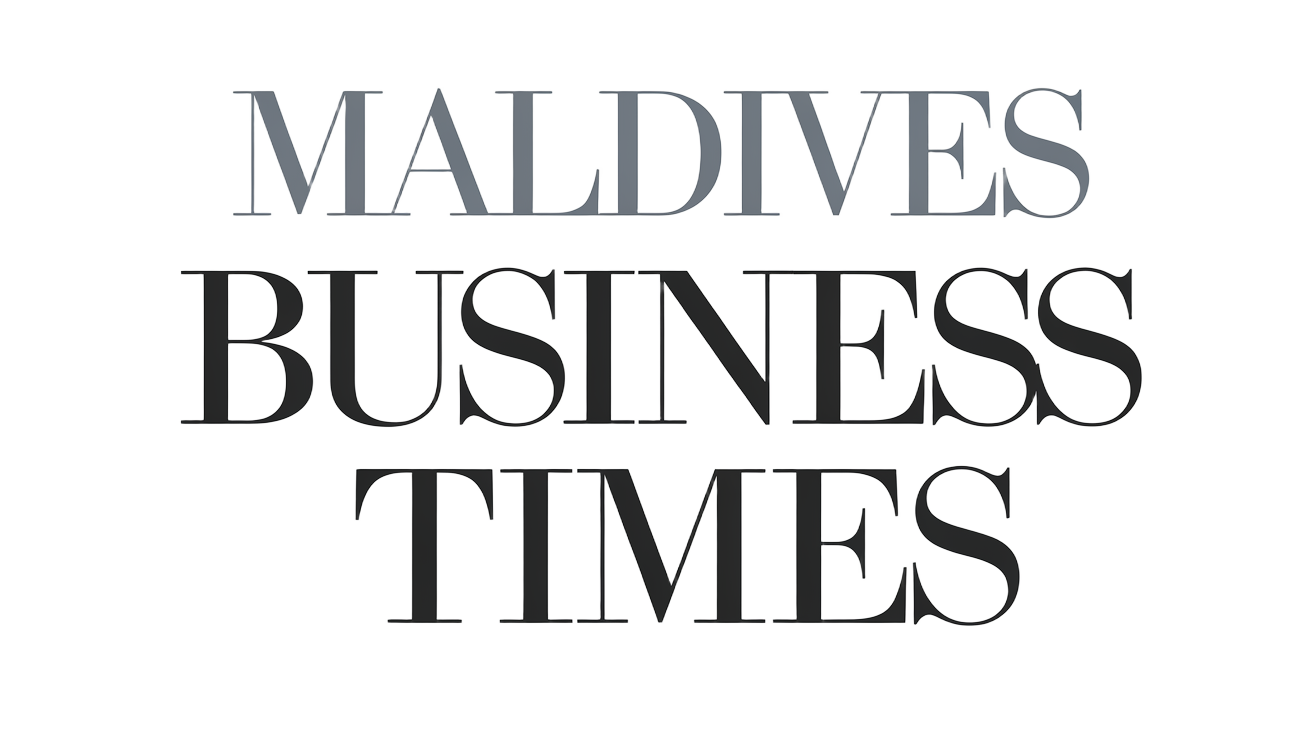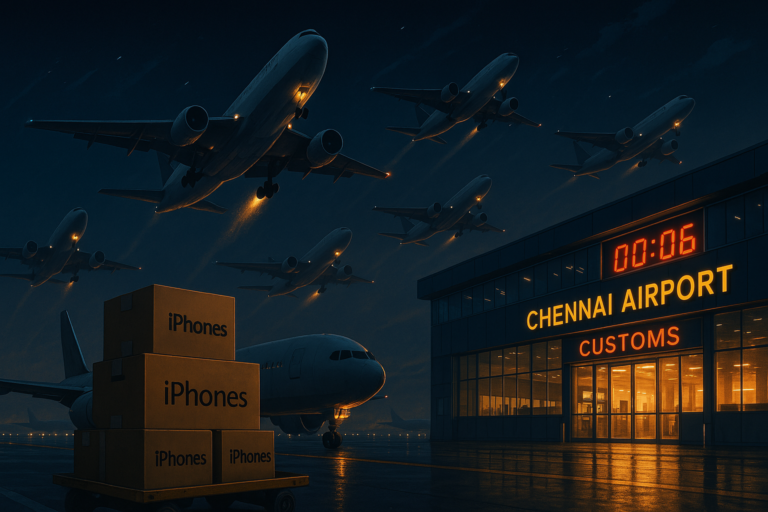When the clock started ticking on a new wave of U.S. tariffs, global companies scrambled to respond. At the center of this corporate rush was Apple, which executed a logistical sprint worthy of its trillion-dollar status. In an extraordinary move, the tech giant airlifted 1.5 million iPhones—approximately 600 tons of cargo—in just six jets from Chennai, India, to the United States.
A Customs Clearance Record at Chennai Airport
Clearing customs at Chennai airport typically takes around 30 hours. But for Apple, it took just six.
Reports suggest this unprecedented speed was achieved through a special green corridor arrangement—facilitated by swift lobbying and urgent coordination between Apple, airport officials, and government agencies. The goal was clear: get the iPhones airborne before a tariff deadline that could cost the company millions.
It All Started With an Email
As U.S. tariff deadlines loomed, a wave of emails and phone calls turned Apple’s Chennai operations into a high-stakes race. The trigger? A trade loophole that exempted goods already en route before the cutoff. So if the iPhones were on a plane—even midair—before the tariffs took effect, they would be spared.
Apple didn’t wait for confirmation. While the tariffs were officially paused later that night, the company was already in motion, operating as if they had only hours left.
Production Ramped Up, Weekends Included
Apple’s production partner Foxconn accelerated its output. Factory shifts were extended to include Sundays. More workers were brought in. Every second counted.
This wasn’t just about manufacturing—it was a synchronized push across supply, logistics, and policy. From lobbying local authorities to securing expedited customs clearance, Apple leveraged its scale, influence, and resources.
Tech Giants Join the Rush
Apple wasn’t alone in this sprint. Other major players—including Dell, Lenovo, and Microsoft—also began fast-tracking shipments to the U.S., focusing on premium devices priced over $3,000. The aim: to avoid the added costs of impending tariffs by any means necessary.
For companies with fewer resources, the situation was more chaotic. Boardrooms became war rooms. Ports and shipping lines were overwhelmed. Rates from Shanghai to Los Angeles surged 10% in just a week. Ships once waiting for full cargo loads began sailing half-empty—because time, not cost, was the new priority.
Winners, Losers, and What’s Next
While Apple and others raced ahead, not every business could keep up.
-
Nintendo delayed pre-orders for its upcoming Switch 2 console.
-
Jaguar Land Rover paused its U.S. shipments entirely.
-
Fast fashion brands like Shein and Temu faced a major setback: the end of the de minimis exemption, which had previously allowed low-value goods to enter the U.S. tariff-free.
That exemption ends in May, dealing a serious blow to low-cost e-commerce models.
A Temporary Reprieve, But No Time to Relax
Though the new tariffs were paused within hours of going live, companies now have a 90-day window to recalibrate. But this isn’t a victory—it’s a warning.
The message is clear: the global supply chain is more vulnerable than ever. Policy shifts can happen overnight. Exemptions can disappear in hours. While Apple managed to outrun the clock this time, few businesses can rely on speed and scale as their only strategy.
The world’s supply chains have become moving targets—and the next deadline may not come with a pause.


